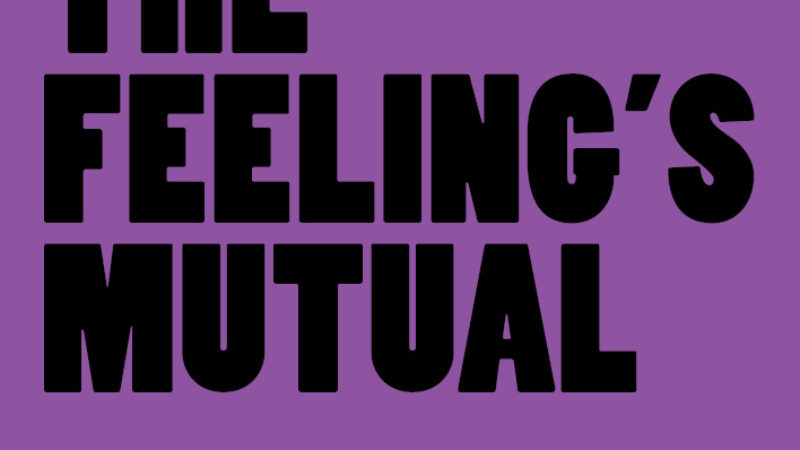
For decades, Labour’s link with trade unions has been under attack from the Tories and the political right. Yet, whilst this link has undergone various reforms, it has survived this constant onslaught. It is not clear the Co-operative Party will be so fortunate. After its relationship with the Co-operative Party was branded an “unholy alliance” by right-wing press and attacked by countless Tory politicians, the Co-operative Group has launched an online questionnaire seemingly designed to ensure the links between the Co-operative Group and politics is broken.
Whilst at first the Co-operative Group’s support of the Co-operative Party may seem unusual, history has shown the need for a distinct co-operative voice in politics. In the First World War the co-operative movement faced particularly unfair treatment by the government of the time, which was dominated by big business interests. Co-operative societies were penalised in the distribution of rationed supplies, whilst co-operative societies’ employees were much less likely than their competitors’ to be exempted from conscription by unrepresentative draft tribunals. These challenges led to the 1917 Co-operative Congress voting for direct representation in national or local government. Soon after, in 1923, Sam Perry (Father of tennis chamption Fred Perry) was elected as the Co-operative Party’s first MP, representing Kettering.

1917 is nearly a century ago, but the need for a distinct co-operative voice in Parliament remains today. Co-operative MP Stella Creasy was instrumental in pushing the government for a cap on the cost of credit, whilst Co-operative Parliamentarians and Ministers played a key role in delivering Co-operative Trust Schools and supporter ownership of football clubsunder the previous government. Similarly, Co-operative politicians in local government have delivered co-operative solutions in their councils, and Co-operative members of the Welsh Assembly and Scottish parliament have also secured a number of victories in areas such as housing.
Yet despite all this partnership has delivered, following the recent Tory onslaught, the Co-operative Group‘s seems to have been designed to put this historical link at risk.
“To what extent do you think it is appropriate or inappropriate for big businesses to donate money to political parties?”
It then asks:
“The Co-operative is a financial supporter of the Co-operative Party, which fields candidates in UK national, devolved and local elections in partnership with the Labour Party. Were you aware of this before today?”
People are then asked how this affects their likeliness to purchase goods or services from the Co-operative, whether the money would be better used to “support local community initiatives rather than politics” or to “lower its prices before it considers providing funding for a political party”.
These questions seem to conflate the co-operative movement’s long-standing and vital political role with the donations made by corporates like JCB and Lycamobile to the Conservative Party. They fail to mention that—unlike JCB and Lycamobile—it is the elected representatives of customers and employees who have voted to maintain this relationship. Similarly, they fail to explain what the Co-operative Party does for Co-operative Group members, or the many victories it has secured for co-operatives. They almost seem designed to steer respondents towards a certain answer, encouraging an unconsidered anti-politics in responses.
By attacking the link with the Co-operative Party, the Co-operative Group is doing exactly what the Tories want. Whilst breaking the link might please Tory Ministers, it does not at all resolve any of the issues that led to recent events in the Bank, nor will it save the Group. Besides a small number of right-wing ideologues, I very much doubt that the Co-operative Group loses business due to its support for the Co-operative Party. If anything, customers are attracted to an ethical and campaigning retailer that is not scared of pursuing its values in the political domain.
This is not to say that the status quo is acceptable. Change is needed, but the Group has misidentified the issue that needs resolving. The Co-operative Group should aim to be more than just a supermarket with a good corporate social responsibility policy; it should be a campaigning organisation driven by concern for community. The Group should aim to deliver value-for-money for its members and customers by keeping prices competitive; this, however, is not mutually exclusive with delivering value by creating a more co-operative society. And a co-operative society is easier achieved if the Group continues to support the development of other co-operatives and ensures the election of co-operator politicians.
Joe Anderson is a former member of the North Yorkshire Co-operative Group Area Committee




More from LabourList
‘Labour is being badly misled on housing’
Reeves bets on patience over populism
‘Energy efficiency changes must work for older private renters’